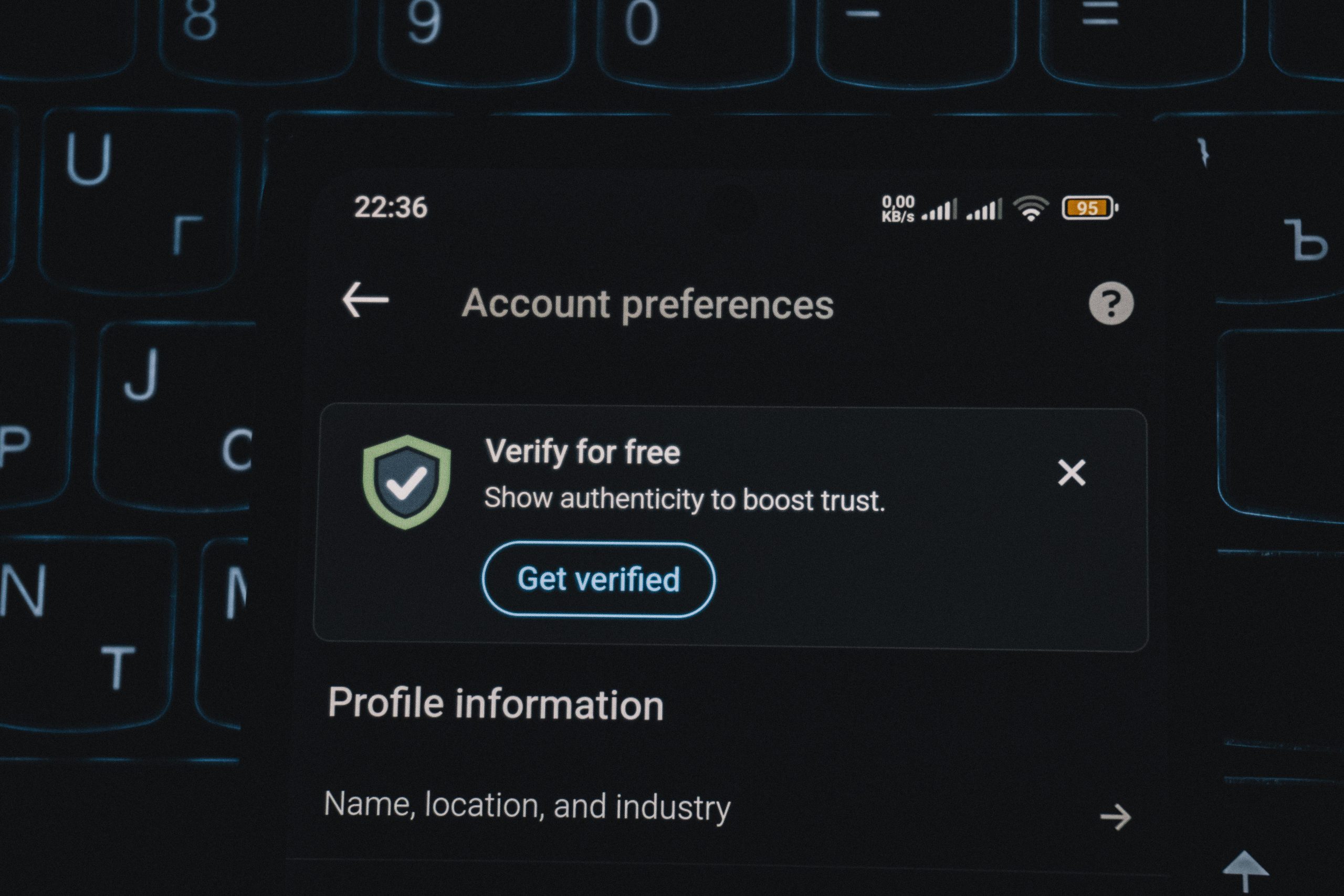
Introduction:
Cybersecurity is built on an insecure foundation; the assumption is that certain mathematical problems are so hard that no computer can resolve them in a reasonable time. For decades, this assumption has kept online banking, private communications, e-commerce, and government systems secure. But the emergence of quantum computing challenges this very foundation. Quantum computers, powered by principles such as superposition and entanglement, are not just faster versions of classical machines but represent an entirely new way of solving problems that were previously considered unsolvable or complex, particularly in fields like cryptography, optimization, material science, and drug discovery.
While the media often informs us that “quantum computers will soon break all encryption,” the truth is more delicate. Large-scale, fault-tolerant quantum systems capable of breaking today’s encryption do not yet exist, but research shows they could be possible within the next 5 –10 years. This creates a contradiction: the immediate risk may be low, but the long-term danger is unavoidable. Sensible data stolen today could be decrypted in the future, exposing personal, financial, and national security secrets also. At the same time, quantum technologies are creating new defense tools such as quantum-safe cryptography, quantum key distribution (QKD), and quantum random number generators (QRNGs). Organizations exploring quantum-safe strategies are increasingly turning to experts like Payoda to understand both the risks and opportunities, ensuring they are prepared for the transformation while building practical, future-ready cybersecurity frameworks.
This article explores whether the role of quantum computing in cybersecurity is minimal hype or an unavoidable reality, explaining both the risks and the opportunities it brings, along with real time examples of how governments and industries are preparing for the transformation.
How is Quantum Computing Reshaping Cybersecurity
Traditional cryptography depends on the problems that are practically impossible to solve with today’s machines
- RSA encryption: It depends on factoring very large numbers.
- Elliptic Curve Cryptography (ECC): It depends on solving independent logarithm problems.
- Diffie-Hellman key exchange: It is built on similar mathematical puzzles.
These methods are protecting almost everything online such as bank transactions, secure emails, government communications details, and blockchain networks.
Quantum computing disrupts this by offering most powerful algorithms that can break these problems:
- Shor’s Algorithm (1994): This one efficiently factors the large integers and solves discrete logarithms. If an adequately large quantum computer is built, RSA and ECC will no longer be secure.
- Grover’s Algorithm: Speeds up the brute force search. Symmetric encryption like AES is not fully broken, but the effective security is reduced.
The Cyber Risks of Quantum Computing
1. Breaking Public Key Cryptography
Most of the internet’s security backbone depends on public key algorithms such as RSA, ECC and Diffie-Hellman. These systems are used everywhere from securing your bank login to verifying the authenticity of software updates. If quantum computers succeed in breaking them, the consequences would be severe and far reaching
- Web browsing (HTTPS): The Attackers could mimic legitimate websites and steal the sensitive data such as the login credentials or payment related information so it is no longer reliable.
- VPNs and secure messaging apps: It could be easy to interrupt. The quantum decryption would allow contenders to break encrypted tunnels, exposing government secrets, or private conversations.
- Digital signatures: This is mostly used in banking and software updates could be imitated.
- Blockchains: Quantum attacks could initiate the wallet signatures, enabling theft of cryptocurrencies or undermining the integrity of decentralized finance.
2. Blockchain and Cryptocurrency Risks
Quantum computers produce a major risk to blockchain networks like Bitcoin and Ethereum, as they could break ECC-based wallet security to form private keys and steal the funds. They can also manipulate digital signatures to rewrite the blockchain history, ultimately reducing trust in decentralized finance systems.
3. Deferred Decryption Threats
Hackers can already intervene, steal and store encrypted data today with the intention of decrypting it in the future, once quantum computers become powerful enough to break current encryption standards. Sensitive data such as medical records, corporate private data, and state or country secrets may remain valuable decades into the future.
Quantum Computing and Future Opportunities:
Quantum computing is not only an insecurity to today’s encryption, it also creates new ways to make cybersecurity stronger.
Post-Quantum Cryptography:
Post-Quantum Cryptography refers to new encryption methods which are designed to avoid attacks from quantum computers. The United States National Institute of Standards and Technology is leading the global effort to develop and approve these standards.
Quantum Key Distribution:
Quantum Key Distribution uses the principles of quantum physics to securely transmit secret keys. Any attempt to intercept or spy the transmission, alters the quantum states of the particles, which will then lead to immediate disclosure of the intrusion.
Quantum Random Number Generators:
Good encryption always has its basis on strong randomness. Most of the systems today use algorithms to generate “random” numbers, but they are not exactly random. Quantum Random Number Generators (QRNGs) use quantum effects to create numbers that are completely unforeseeable . This makes cryptographic keys much stronger and harder to break.
The Role of Quantum Computing in Cybersecurity
Quantum’s Threat to Encryption:
Most of today’s security like RSA, ECC, and Diffie-Hellman protect websites, online banking, and even cryptocurrencies. A powerful quantum computer could break this shield very quickly using specific algorithms such as Shor’s algorithm. Quantum computing can also accelerate brute-force attacks, making passwords and encryption much easier to crack
Quantum’s Shield for Encryption:
Quantum technology also provides a ways to improve security:
- Post-Quantum Cryptography: There are new types of encryption designed to resist quantum attacks.
- Quantum Random Numbers: Quantum mechanics are able to generate truly random numbers which are stronger to create encryption keys.
Igniting Innovation:
The rise of quantum computing forces companies and governments to prepare early. Data that must remain secret for decades like military plans or financial information should already be protected with quantum-safe methods. To maintain a superior position the organizations need to build crypto agile systems.
Hype vs. Reality
The Hype
As of today the experts are claiming that quantum computers will soon break all encryption, sparking fear that our entire digital world, the online banking to government sites or systems could collapse overnight. While this fear is understandable, the timeline is frequently exaggerated to drive urgency.
The fact is, today’s quantum computers are still in the lab stage. They are experimental and can only solve very limited problems, meaning they are nowhere near being practical tools for breaking the real world encryption.
The Reality
It is true that once powerful or large scale quantum computers are built then they could break widely used encryption methods like RSA and ECC, threatening the backbone of secure communication and digital transactions. That is why researchers are already working on Post Quantum Cryptography which is a new algorithm designed to resist the quantum attacks before the threat becomes true.
Organizations such as NIST in the United States have already begun to standardise these algorithms so that governments or companies worldwide can transition smoothly. At the same time, several countries are investing in the Quantum Key Distribution, which uses the laws of physics to build communication systems that immediately reveal any intercepting communications attempts, making them exemplary for critical sectors like finance and defense.
The Present Situation:
The current situation is that quantum computers cannot break real world encryption, so businesses and individuals remain secure under current protections. However, the risk is serious and unpredictable in the future so possibly within the next 5–10 years, or even sooner if advances accelerate. This instability is why governments and companies are already preparing by testing quantum safe methods today.
Conclusion
Quantum computing is not just a risk but also a great opportunity to improve cybersecurity mechanisms. It’s a threat because it has the potential to break the very systems that keep today’s digital world safe. Algorithms like RSA, ECC, and Diffie-Hellman can all be broken by quantum computers.
On the opportunity side, quantum technology is already pushing innovation in defense. Post-Quantum Cryptography is close to becoming a global standard, with algorithms like CRYSTALS-Kyber. New tools such as Quantum Key Distribution and Quantum Random Number Generators are being tested in real world systems to secure communications at a basic level.
So, is quantum computing in cybersecurity hype or reality? The hype comes from the idea that encryption will collapse overnight but it won’t. The reality is that the threat is unavoidable, even if it takes years to arrive. Organizations that delay preparation could face major breaches once quantum technology matures while those who act early by adopting the quantum safe technologies will be ready to protect their data and their place in the digital economy.
Ready to prepare for the quantum era? Payoda can help you implement post-quantum cryptography strategies and build resilient, future-ready cybersecurity systems.
FAQs
- Will quantum computers really break modern day encryption?
Yes. Algorithms such as Shor’s could potentially crack RSA, ECC, and Diffie-Hellman, but only when large-scale quantum computers become practical and available.
- Is quantum-safe encryption already available?
Yes. Post-quantum cryptography (PQC) standards are being developed currently, and quantum key distribution (QKD) is being seen as a secure alternative.
- Should organizations start preparing for quantum threats now?
Yes, without a doubt, they should. Attackers may be harvesting encrypted data today to decrypt later. Migration to quantum-safe security must begin early.
Talk to our solutions expert today.
Our digital world changes every day, every minute, and every second - stay updated.









